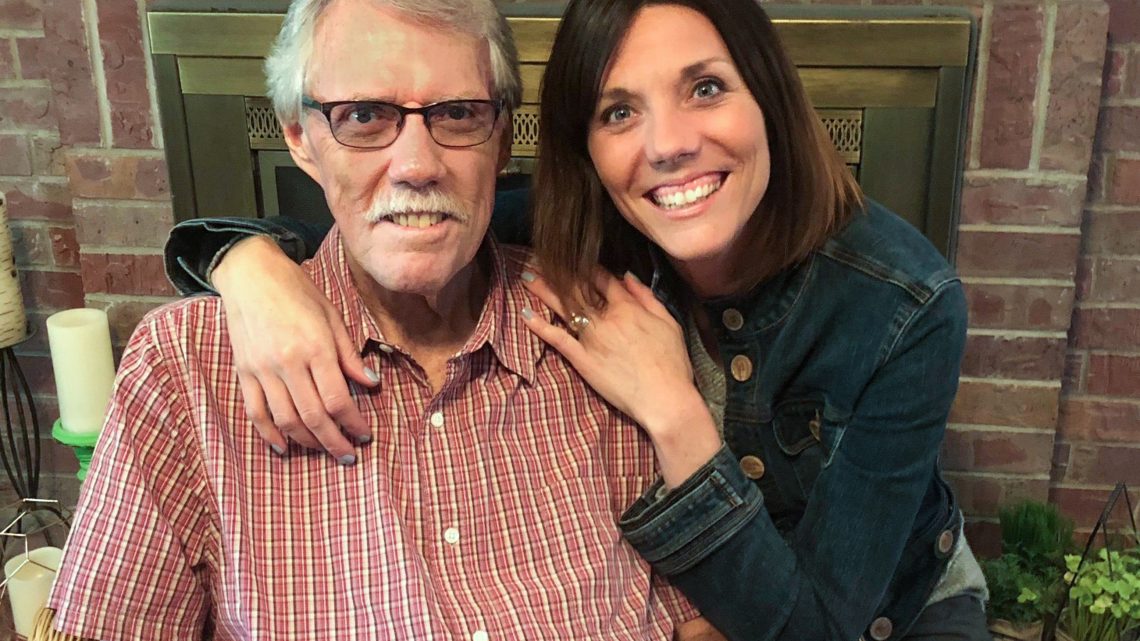“It’s time…”
When Marshall Bowers called his daughter in Lincoln, Nebraska, to tell her the time had come to become his liver donor, Missy Sorter’s heart skipped a beat. Years before, when her father had been diagnosed with a liver disease, Sorter had jokingly told him, “When you’re ready for a liver, just let me know!” never thinking his disease would progress to that stage of intervention.
In 2005, Bowers, a retired pastor in Minnesota, was diagnosed with NASH, Non-Alcoholic Steatohepatitis, an inflammation of the liver with an unknown cause. He had lived virtually symptom free with the disease until a few years ago when the disease progressed, and his liver began to fail. In November of 2017, his doctors decided it was time to move forward with finding a liver donor.
Liver donation is possible because the liver is the only organ that can regenerate itself. They gave Marshall two options: find a living donor or a deceased donor. Living donation was the better of the two options, with a higher success rate.
Sorter knew she wanted to help her dad. “Donating a small piece of myself to give him the chance to live a longer and healthier life was a tiny sacrifice,” said Sorter. “My dad is the most giving person I know; he has a true heart of service and has dedicated his entire career to ministry. To be able to give him a new lease on life was an opportunity I couldn’t miss.”
8 grams to spare
After several lab draws it was determined that Sorter and her father were the same blood type, but being his donor required much more than that. She needed to be healthy. They did tests on everything from her cholesterol level to her clotting factors. They needed to be sure the vessels within her liver were able to be separated and they would line up with his vessels.
Her liver also needed to be large enough to be split. Bowers would receive the right lobe of her liver, which needed to be at least 800 grams for donation. Her test results showed that the right lobe was 808 grams—perfect for donation. Each of them would have part of her liver that would regrow over time.
On June 15, 2018, Sorter and Bowers underwent transplant surgery at the University of Minnesota Hospital in Minneapolis, Minnesota. While determined to help her dad, Sorter struggled with fear. Not fear of surgery, but fear of Bowers’ body rejecting her liver.
Sorter’s father bolstered her faith. “My dad was never afraid of dying or surgery. He kept reminding me God was in control and he had given everything to Him. He just kept saying, ‘God’s got this!’ His faith is so strong!” With their surgeries lasting 10 and 14 hours respectively, Sorter and Bowers left their operating rooms after a successful procedure.
A God-given drive
Today, Sorter and Bowers are both doing well. Sorter was told it would take 8-10 weeks for her to recover. However, she was healthy enough to return to work only four weeks after surgery.
A few years earlier, after stepping on a scale, Sorter decided she wanted to get into better shape. She started running and watching her diet. She lost 30 pounds and became an avid runner, logging 30 miles a week.
Looking back on that time, she feels God gave her that drive to prepare her for the donor surgery. She was in the best shape of her life and continued running until two days before the surgery. Doctors credit her active and healthy lifestyle for her quick recovery.
Bowers’ new liver has grown quickly and is nearly back to full size. Doctors are still balancing his anti-rejection medication, but he is back to biking and taking walks.
One of his goals is to be healthy enough to run, and Sorter looks forward to running their first mile together.
Stephanie Gottfried is publications director for the Kansas-Nebraska Conference.










